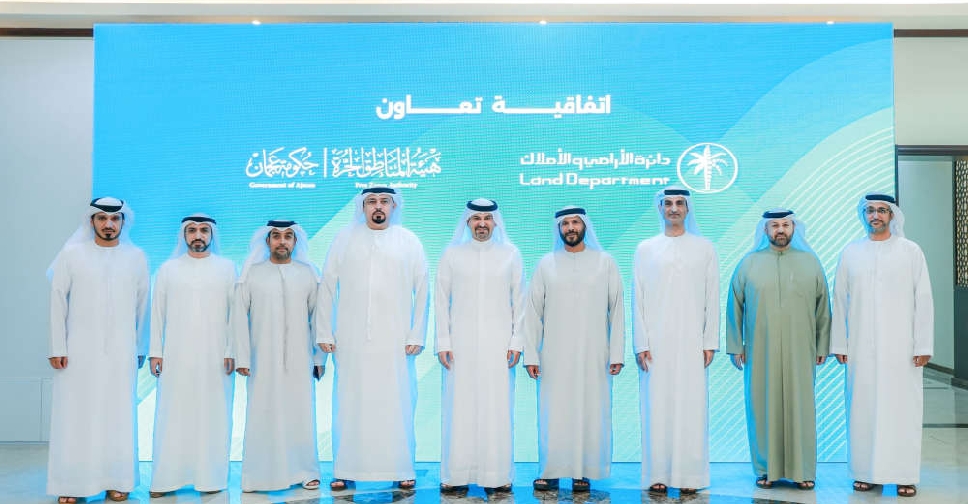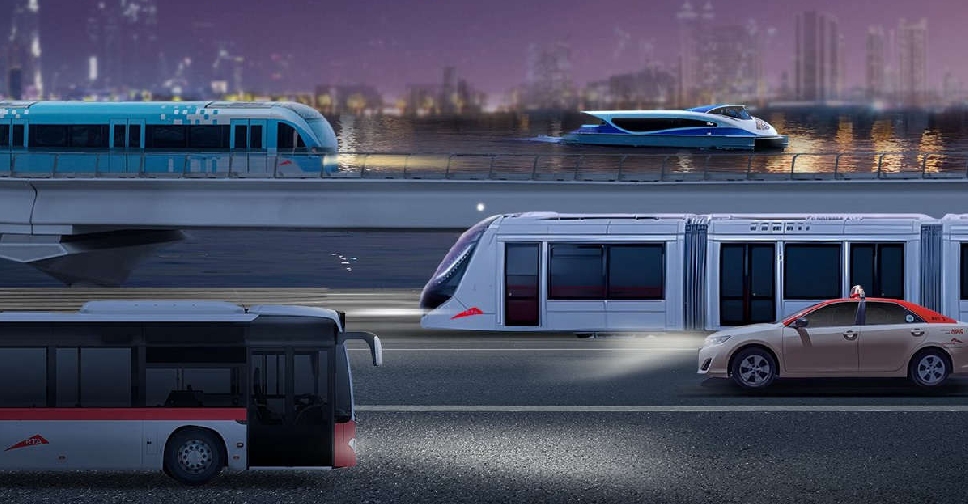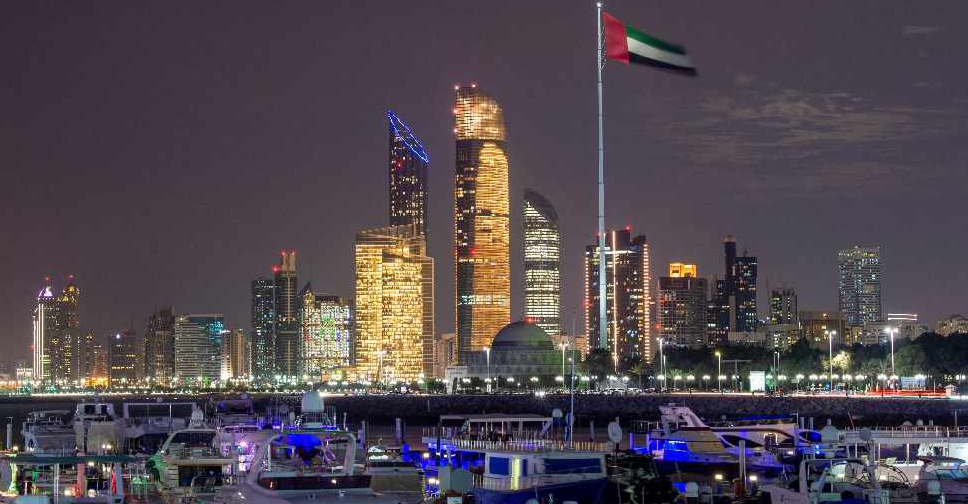
Abu Dhabi welcomed a record-breaking 11.3 million international tourists last year.
According to the Department of Culture and Tourism, more than 2.8 million of them were overnight visitors and the rest were day-trippers.
Meanwhile, guest numbers (5.1 million) at the emirate’s hotels were up 2.1 per cent and overall revenues (AED 5.8 billion) increased by 6.6 per cent.
India, China, the UK and the US remained the top four international source markets for hotel guests, with Russia, Ukraine, South Korea and Bahrain the fastest growing markets between 2017 and 2019.
The figures were boosted by a string of large events and concerts in the capital.
Figures collated by @dctabudhabi have revealed that 11.35m international visitors came to #AbuDhabi in 2019, a 10.5% increase on 2018. Hotel figures showed 5.1m guests during 2019, with total revenues up an impressive 6.6% to AED 5.8 billion pic.twitter.com/q5SfVzY0QG
— مكتب أبوظبي الإعلامي (@ADMediaOffice) February 23, 2020


 Wall Street futures sink as tariffs fuel recession fears
Wall Street futures sink as tariffs fuel recession fears
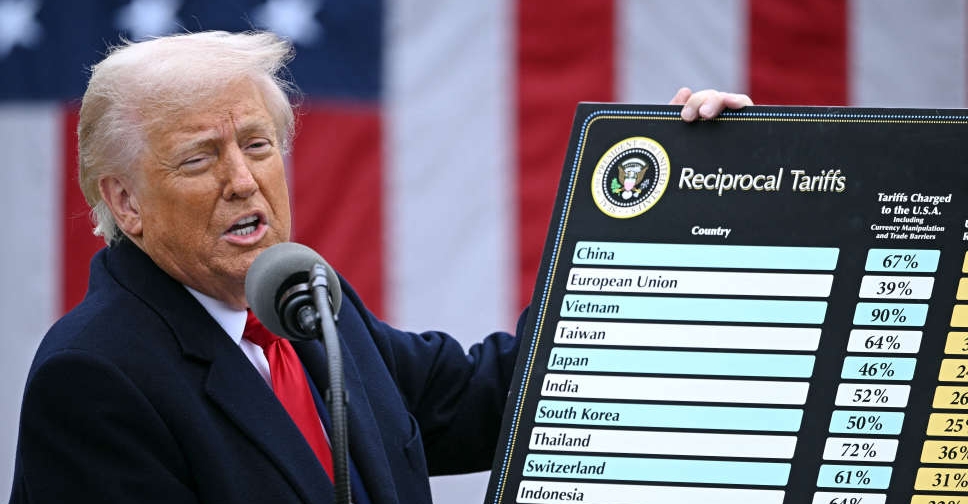 Trump to impose 10% tariff on UAE, Saudi Arabia imports
Trump to impose 10% tariff on UAE, Saudi Arabia imports
 UAE tops global entrepreneurship rankings for 4th straight year
UAE tops global entrepreneurship rankings for 4th straight year
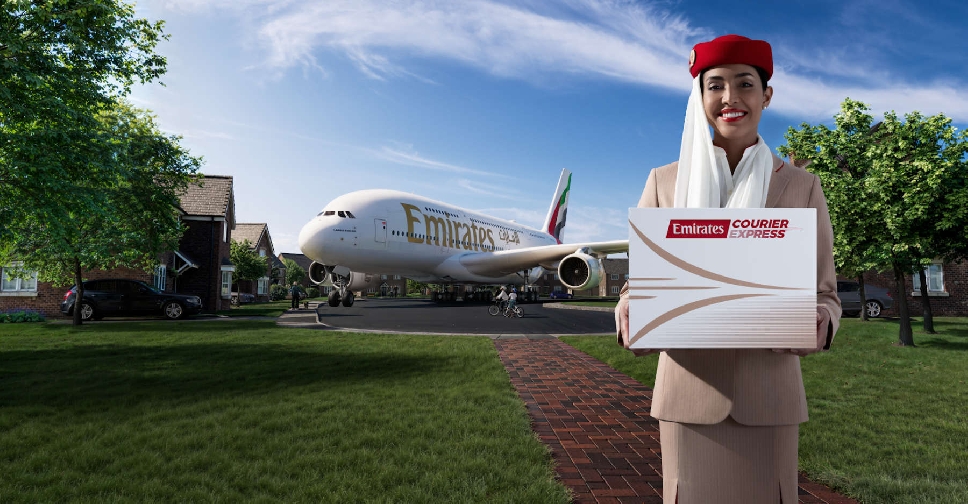 Emirates launches express delivery service
Emirates launches express delivery service
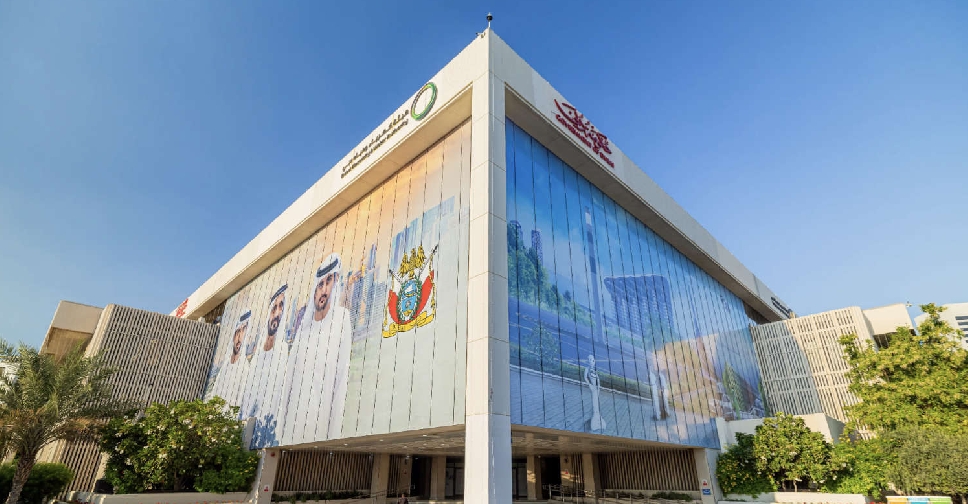 DEWA reduces CO2 emissions with increased electricity, water efficiency
DEWA reduces CO2 emissions with increased electricity, water efficiency


